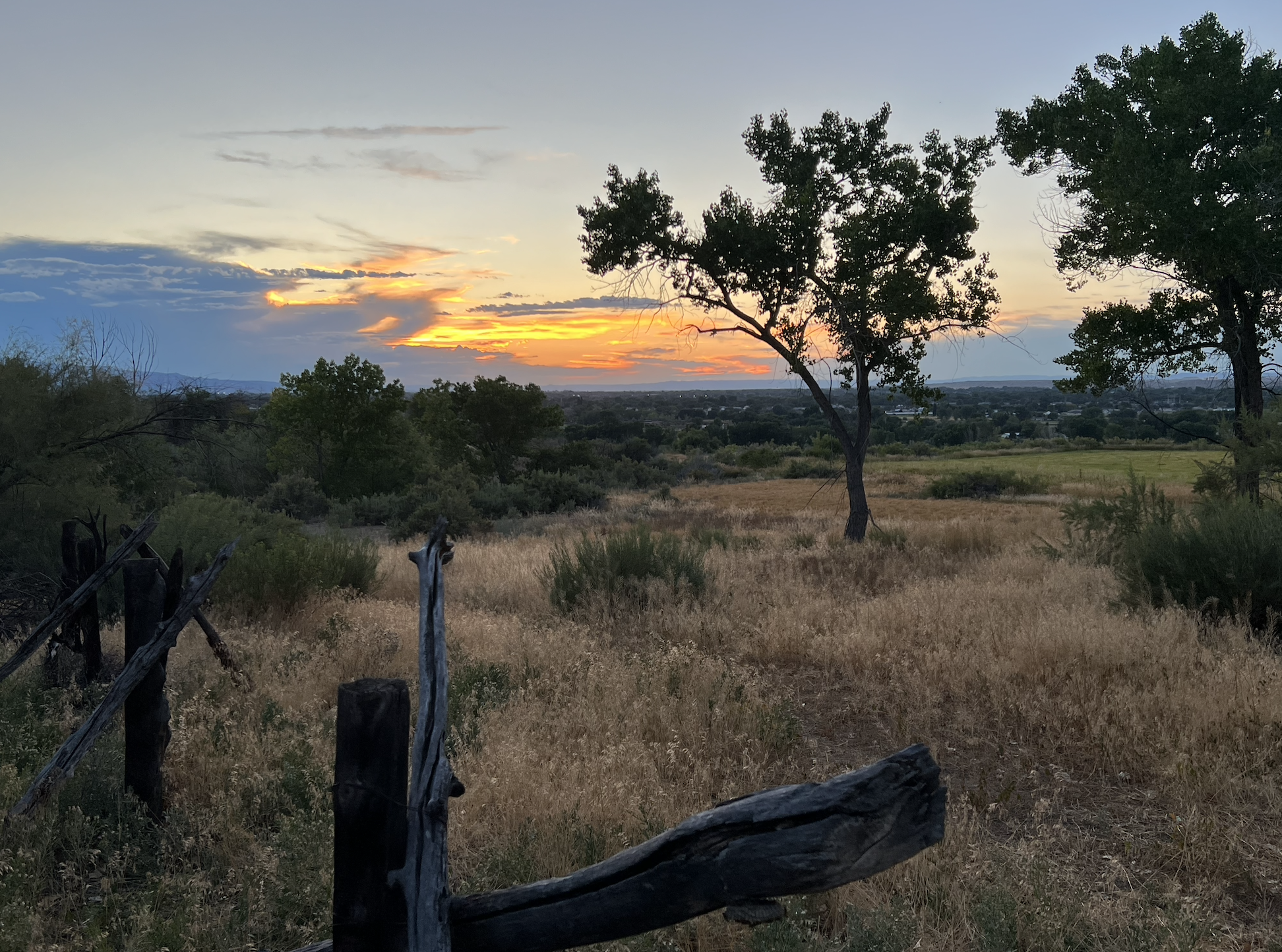So, this being wise together thing, that’s kind of important, right.
It seems that many of us know how to be wise individually. And that’s rather important. It seems to matter that any of us have the capacity to think, reflect, and make good choices. There is power in the individual capability.
Wise together — well that seems to be different and more than summing up individual wisdom. Meg Wheatley is one of the ones that taught me that “who we are together is more and different than who we are apart.” It’s further true that “the wisdom we have together is more and different than the wisdom we have alone.”
What a dance. Sometimes a slow waltz. Sometimes a jitterbug. Sometimes complete improvising. But this need to tend to the whole — to develop that nuancing — is ongoing.
I use circle as a primary process to encourage wisdom together. It’s process, yes. It’s process that gives us access to the sharedness of wisdom together.
Let me pull all of that down into a story.
Working with a client, a small group of seven leaders, I could see that this group had plenty of talent, experience, passion, and opinion. Each person was saying very smart things. I could see that the group was moving itself into what I would learn was a familiar kind of stalemate. It was lobbying an opinion and cross-talking to win with that opinion. It wasn’t malicious or ill-intended. In fact, I’d say most of the “winning behavior” was subtle enough to be difficult to see. It was clear, however, that they were getting stuck.
My co-host and I insisted on using circle. Not just sitting in chairs facing one another, but another layer of robustness to hear each voice at the table. So often, the presumption is agreement and clarity, and when you combine that with desire to be efficient, most of us start making assumptions about shared understanding that we hope is present, but really isn’t.
So now what?
The stages and use of circle that we recommended, so as to be wise together, included four steps.
- Clarifying Enough of the Issue — What is it that is important here? Is it staff changing? Is it sustainability of company? Is it right relations? Is it economics? There’s rarely a shortage of things that people care about. We just need to name it, and be willing to follow even just the one issue for a bit. The key to identify it is to connect issue to passion.
- Pass a Talking Piece — Or a listening piece. Whenever I hear someone in a group say, “We all know…,” that’s so often a clue that passing a talking piece is helpful. “We all know…” is more often a statement of what we hope, so as to be able to move on. That’s fair. But this is when desire for efficiency often trumps experience of wisdom together. Just hear a bit from each other. Ask, “What matters to you about _____?” Even if you are close to shared wisdom, it dignifies the process and intent of trying to know together. Of trying to be wise together. Hear from everyone without the cross talk.
- Make a Proposal — If a decision is needed, make a proposal. My friend Amanda reminds me that the proposal from a circle of listening might not even be the proposal that I want, but it can be the one that is arising from listening to one another. The proposal gives us a point of clarity and helps us move out of what can feel like endless wandering.
- Show Thumbs — Up thumb is agreement. Down thumb is rejection. Sideways thumb is “I have a question.” Or, “I need a bit more information.” The thumbs are a temperature check to see if we have enough clarity, but from the dignity of having heard from each other rather than just speeding ourselves along in absence of process that most people know isn’t quite right.
Being wise together is not a simple linear formula. The above steps might need reiteration a few times to get at something clear enough. Too much iteration is what has some people feeling anxious or critical. However, my hope in all of this is a wisdom that when people experience, they remember. They remember how we can be kind and thoughtful together that is different that so much of what contemporary structure limits.
I have hopes. I have hunger. Like most people, to be wise together. To touch even moments of deep collaboration that wake us up to what we are capable of.
I’m grateful for the simplicity of circle to give us container for the dignity of wisdom together.
